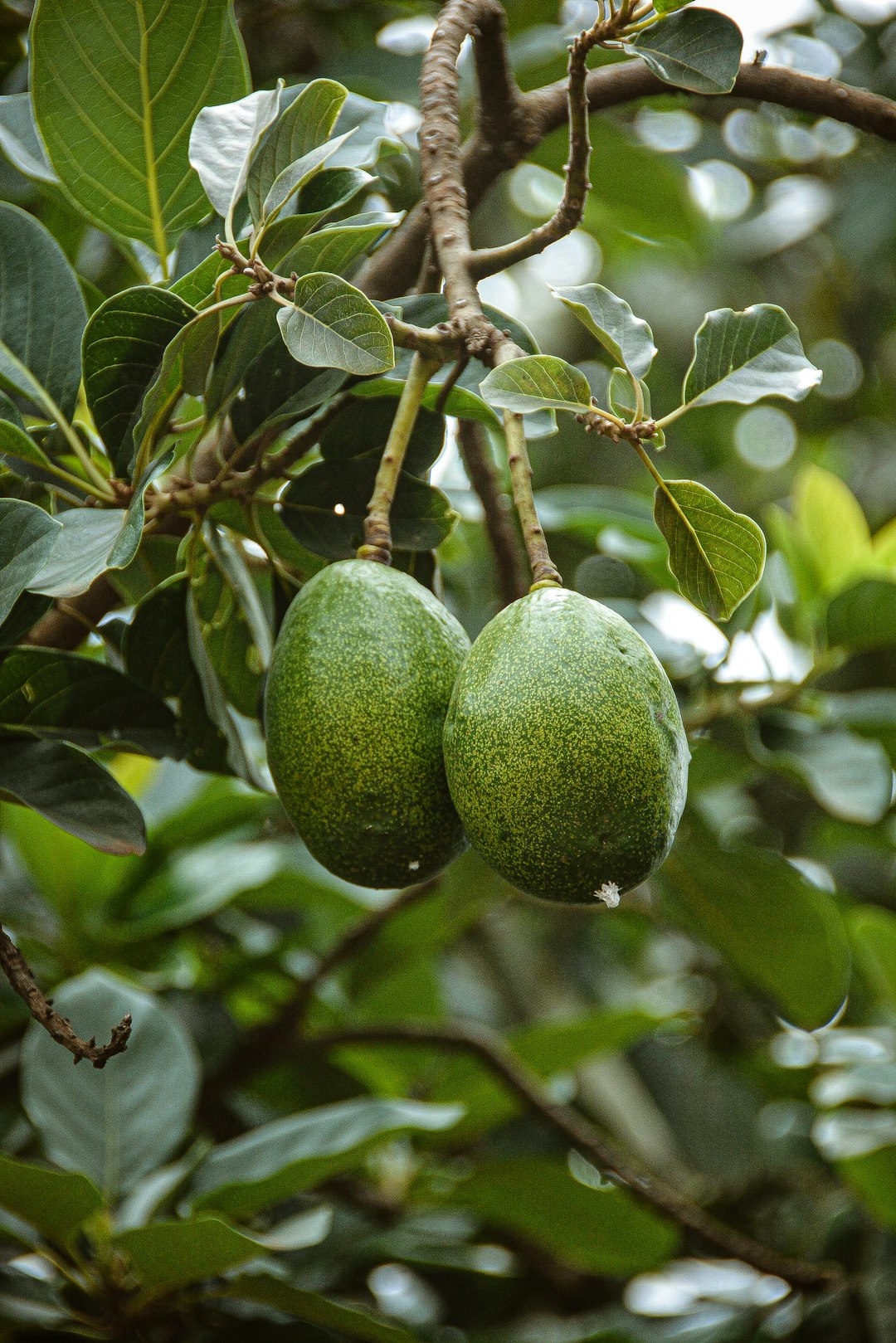Avocado health info and recipes from Today's Dietitian.
You can also read a Continuing Ed article and take a quiz - see what dietitians might read (about fiber). And The Scientific Observer monthly magazine from Technology Networks. #butyrate #microbiome
Today’s Dietitian, October 2022, Special Supplement: Research Updates on Fiber, Good Fats, and Their Role in Diabetes Management, (pdf), with a focus on avocado benefits and use, sponsored by Hass (avocado people).
Avocados are good food. They can add copper to the diet if eaten a lot and zinc/copper balance is an issue. They have good fiber content and low carbohydrates compared to fat calories which makes them beneficial for blood sugar control. Too much is going to add fat calories though, so a quarter of an avocado might be a reasonable garnish with other foods rather than eating half or a whole one.
I also got a Technology Networks monthly magazine, The Scientific Observer, Issue 19, (pdf), which has a good article on the microbiome and one on anti-aging - nice graphics. Microbiome article - overweight is linked to fewer butyrate producing species - the type that break down starches for us and turn them into helpful short-chain fatty acids.
“The major finding from the study was that the gut microbiome’s ability to break down starches was increased in people who did not lose weight. Additionally, increased expression of genes that aid bacterial growth and replication was linked to individuals who lost more weight.” - Sarah Whelan, Diet and the Gut Microbiome: What Do We Know?, The Scientific Observer, Issue 19, (pdf)
I also recently got a packet of handouts about microbiome health from Activia, nice recipes, meal plans, grocery/pantry list, and more - however with a theme of restoring bowel health - the recipes didn’t take into account common inflammatory foods and doesn’t mention resistant starch or colon microbiome species at all.
Butyrate/short chain fatty acid producing species are not found in yogurt or other fermented foods. They wouldn’t survive. They need an oxygen-free environment. We have to grow our own by eating resistant starches and fiber. Many probiotic focused microbiome articles are likely to emphasize the type that are found in probiotic foods, which do help the small intestine, and miss the butyrate producing species of the colon. We need both types of beneficial bacteria. Adequate zinc is needed by the beneficial species too. I will share it and/or modify it when I have more time.
“Butyrate fuels colonocytes, and in return these cells help provide an oxygen-free environment in which beneficial gut microbes thrive. This keeps inflammation in check, gut cells healthy, and gut bacteria happy. 2.”
9 Health Benefits of Butyrate for Your Body and Gut - Atlas Biomed.
Avocado is rich in fiber but not necessarily a high resistant starch food - unless you grate the seeds and use the powder in baked goods. (Wang, et al, 2022) It is a little bitter and turns bright orange/red.
Avocados pair well with tomatoes - improves absorption of the carotenoid lycopene:
“The fat in avocado helps us absorb more lycopene, the key antioxidant found in tomatoes.” Kristen Carli, RD, as quoted in Well+Good.
Happy reading and eating!

Disclaimer: This information is provided for educational purposes within the guidelines of Fair Use. It is not intended to provide individual guidance. Please seek a functional health care provider for individualized health care guidance.
Reference List
(Wang, et al, 2022) Wang J, Li Y, Jin Z, Cheng Y. Physicochemical, Morphological, and Functional Properties of Starches Isolated from Avocado Seeds, a Potential Source for Resistant Starch. Biomolecules. 2022 Aug 15;12(8):1121. doi: 10.3390/biom12081121. PMID: 36009015; PMCID: PMC9406050. https://www.ncbi.nlm.nih.gov/pmc/articles/PMC9406050/



